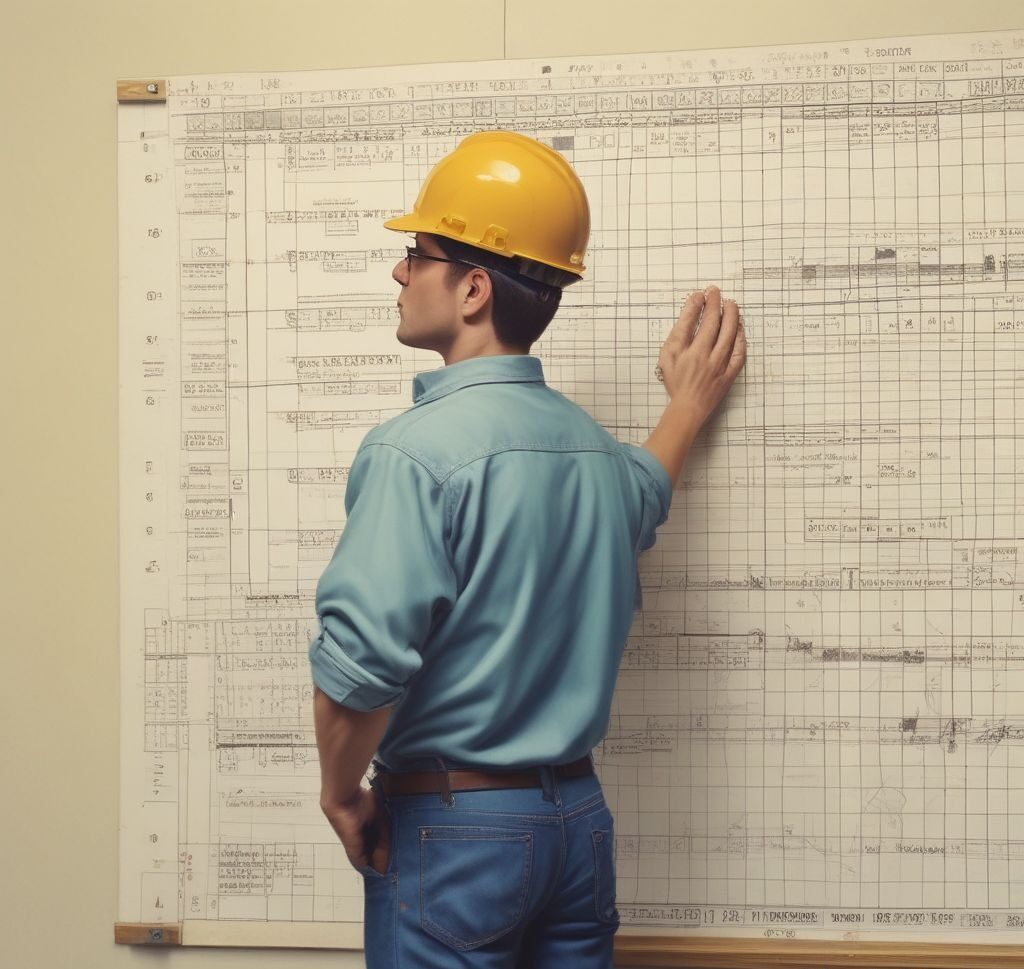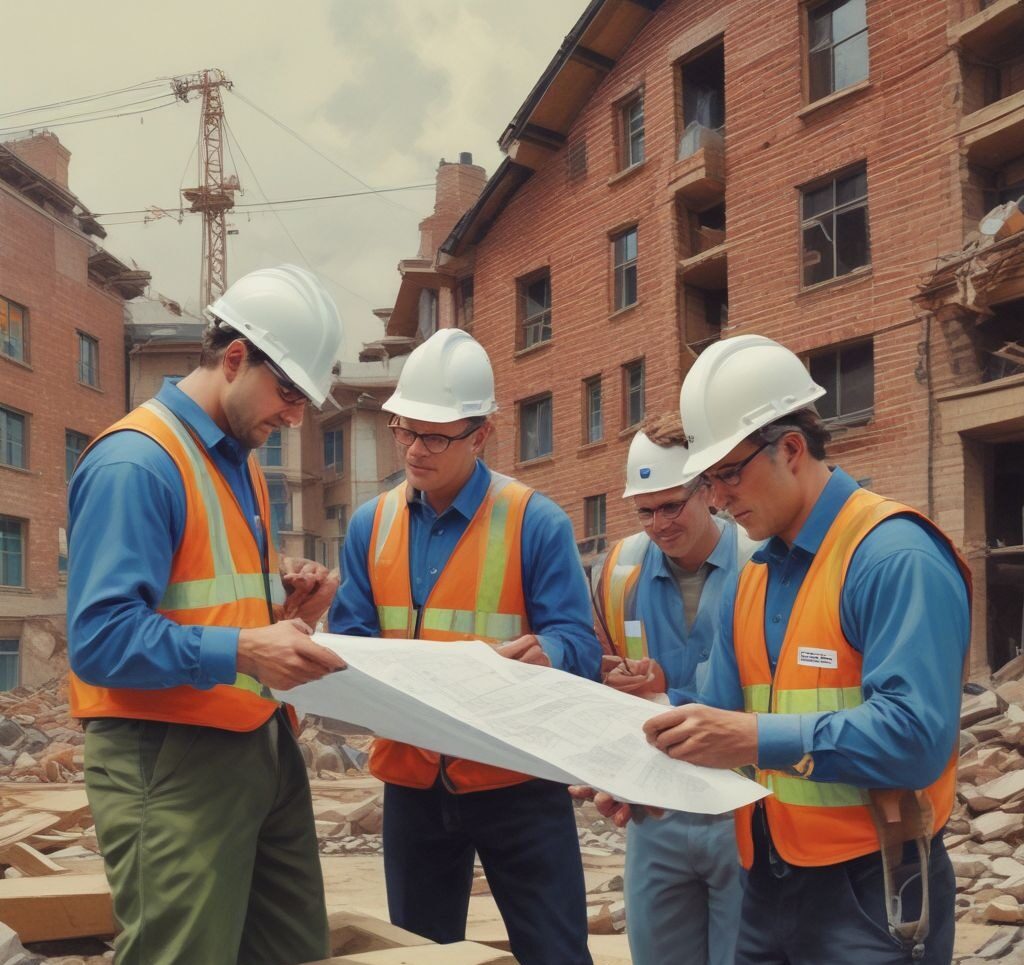In the construction industry, staying on schedule is crucial for a project’s success. Delays not only increase costs but can also damage client relationships and disrupt future planning. In Kerala, where construction timelines are often affected by weather conditions, local regulations, and labor shortages, maintaining a smooth and timely workflow requires careful planning and smart management. This blog dives into practical tips for setting realistic timelines, managing potential delays, and ensuring that your construction projects stay on track from start to finish.
1. Set Realistic Timelines
One of the most common reasons construction projects fall behind is because the initial timeline was too ambitious. It’s essential to set realistic, well-informed timelines from the outset, considering all potential variables like weather, labor availability, and permitting processes. This involves detailed pre-planning, allowing for contingencies, and considering the specific challenges of working in Kerala’s climate, such as heavy rains or high humidity.
Best Practice:
Break the project down into phases, assigning specific milestones to each. This helps ensure that progress can be measured more effectively, and any small delays can be managed before they cause larger setbacks.
Consult with experienced professionals who understand the local environment and can provide accurate time estimates.

2. Maintain Clear Communication
Effective communication between the client, contractors, and subcontractors is essential for keeping a project on schedule. Poor communication can lead to misunderstandings, errors, and delays. Make sure there are clear lines of communication from the start, and ensure that everyone involved is updated regularly on progress, potential issues, and any changes to the plan.
Best Practice:
Schedule regular progress meetings to review the current status of the project, address any concerns, and realign the timeline if necessary.
Use project management software to keep everyone on the same page. Tools like Trello, Slack, Primavera or Microsoft Project can help track tasks, assign responsibilities, and provide updates in real-time.

3. Plan for Delays
No construction project is immune to delays, but the impact of these delays can be minimized if they are anticipated and planned for. Weather conditions, material shortages, or unforeseen site conditions can all disrupt a project’s schedule. The key is to expect the unexpected and have contingency plans in place.
Best Practice:
Build buffer time into your schedule for critical tasks. This allows room for small delays without affecting the overall timeline.
Identify potential risks early on and develop strategies to mitigate them. For example, consider how to quickly reschedule tasks or source alternative materials if needed.

4. Efficient Resource Management
Effective resource management is critical to keeping your project on track. This means ensuring you have the right number of workers, the correct materials, and the necessary equipment available at the right time. In Kerala, where construction often faces resource constraints, advanced planning and constant monitoring are essential.
Best Practice:
Coordinate with suppliers in advance to ensure materials are available when needed. This can help avoid delays caused by shortages or delivery issues.
Monitor labor availability, especially during seasons when demand for skilled workers is high. Having access to reliable labor can make or break a project’s timeline.

5. Monitor Progress Consistently
Regular monitoring is key to ensuring that the project stays on schedule. Consistent oversight allows you to catch any potential issues early and make adjustments before they snowball into bigger delays. Whether through on-site inspections, progress reports, or digital tracking tools, staying on top of each phase of the project is vital.
Best Practice:
Conduct regular site inspections to ensure that work is being completed as planned and to identify any areas where productivity may be lagging.
Use real-time tracking tools to monitor progress. Many modern construction firms use software that tracks tasks and alerts managers to potential delays before they occur.

Conclusion: Ensuring Project Success in Kerala
Keeping construction projects on schedule requires detailed planning, effective communication, and proactive management. By setting realistic timelines, planning for delays, managing resources efficiently, and maintaining consistent oversight, your construction projects in Kerala can be completed on time and within budget. In a fast-growing region where construction is booming, these best practices will help you stand out as a reliable and efficient builder, trusted by clients for delivering on promises.
Contact Us for Expert Budgeting and Project Management Consultation
Ensure your construction project stays on track financially from start to finish.
to learn more about our expert budgeting and project management services.
Bullswag
Builders India Pvt. Ltd.

